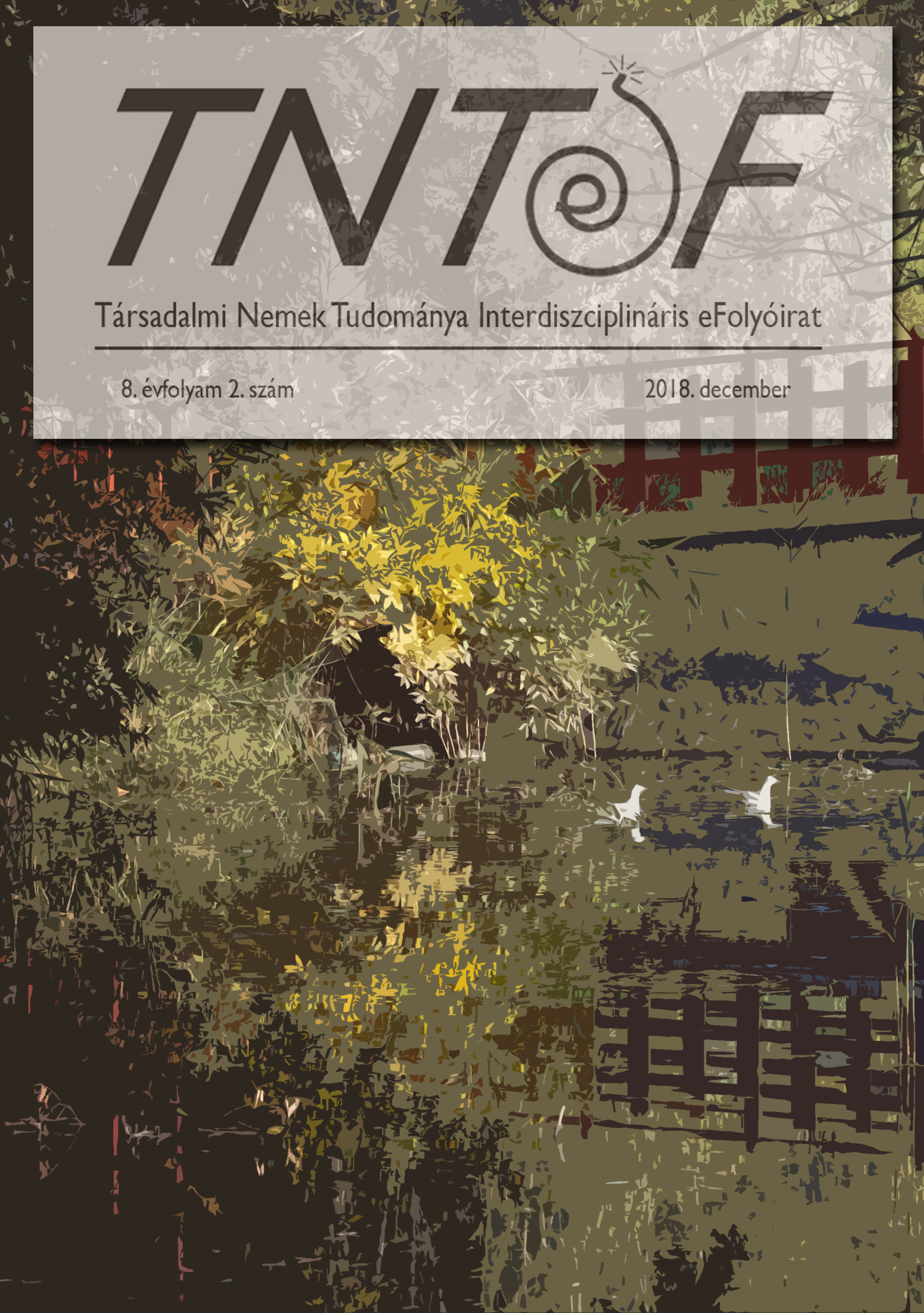A call to resist the silencing of complexity by far-right politicians invoking Christian values
Main Article Content
Absztrakt
As a European with an academic background in political history, philosophy, and economics, it is easy to recognize that I am living through one of those destabilizing eras wherein the form of government to which we have become accustomed no longer meets the needs of the societies it serves. We are living at a time where the nation state is under strain. Due to the globalization of capital and the stateless opportunities for trading and influence offered by the internet, the extent to which national governments can exert political and economic control over those they govern is changing. Political engagement in the West is increasingly issue based and local, whilst economic, environmental, security, and employment decisions need to be negotiated at a supra-national level. The advantage in this complexity is that a wider variety of people than ever before are able to participate in our societies. There is greater freedom to express and define ourselves in relation to others, and it is more noticeable when we exclude others from our societies. As an ordained theologian, but primarily as a follower of Christ, I am excited to see the emergence of such complexity. It is consonant with the glimpses of the kingdom of God offered by Jesus in parables and described by St. Paul as a way of being in which “there is no longer Jew or Greek, there is no longer slave or free, there is no longer male and female; for all of you are one in Christ Jesus” (Galatians 3.28). Human beings do not, however, have a strong track record of handling complexity well. In Europe at present, opinions are polarizing as those who offer clear, simple ways to identify oneself against another and to define a solvable cause for an apparently self-evident problem attract the support of many who are struggling to negotiate their place in the new, more complex society that is developing. It is particularly disturbing that so many of these polarizing leaders are claiming the defense of Christian values as the basis for their reactions against complexity. We need, therefore, to examine where this appeal to Christian values and (indirect) claim to be acting in the name of God derives from. To understand this, we need to go back to the beginning.

